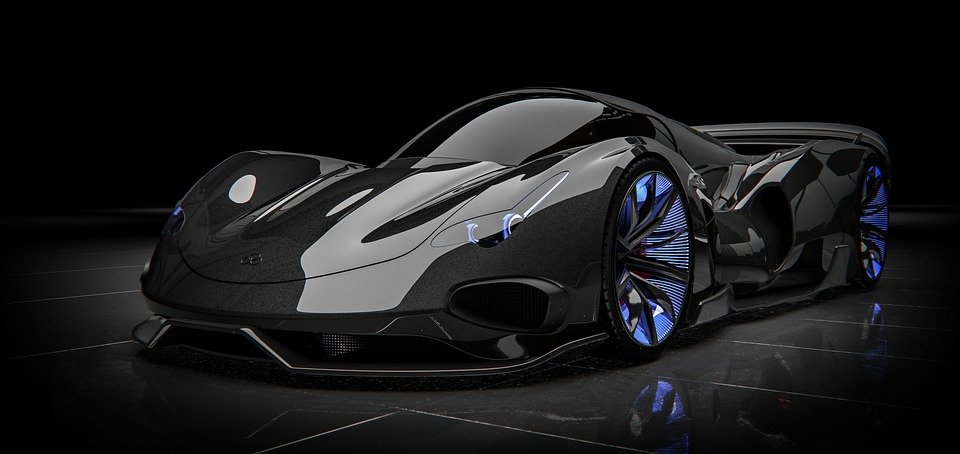From Big Bang to Fresh Start: Scientists Discover Evidence Suggesting the Universe’s Rebirth
Introduction
The Big Bang theory has long been the prevailing explanation for the origin of the universe. According to this theory, the universe began as an infinitely small, hot, and dense point known as a singularity, which then rapidly expanded and cooled, giving rise to the vast cosmos we observe today. However, recent scientific discoveries have sparked new debates and opened up the possibility of a fresh start for the universe, challenging our understanding of its origins and evolution.
Evidence for the Universe’s Rebirth
Scientists have uncovered several intriguing pieces of evidence that suggest the universe might experience cycles of expansion and contraction, leading to a continuous process of birth and rebirth. One such line of evidence comes from the study of cosmic microwave background radiation (CMB), which is the faint afterglow of the Big Bang. Researchers have discovered unexpected patterns and anomalies in the CMB, indicating the existence of previous universes that existed before ours.
Another compelling piece of evidence comes from the study of black holes. These cosmic phenomena, formed from the remnants of massive stars, possess an immense gravitational pull that not even light can escape. Recent theoretical calculations and simulations have suggested that black holes could potentially serve as gateways to other universes, providing a pathway for matter and energy to escape from our universe and potentially initiate a new one.
Additionally, quantum physics, the branch of science that deals with the fundamental particles and forces of nature, has provided intriguing insights into the possibility of a cyclic universe. Quantum fluctuations, which occur on a minuscule scale, could lead to the generation of new universes within a larger multiverse. These fluctuations, combined with the concept of eternal inflation, propose that universes can be created and destroyed endlessly, forming an eternal cycle of birth and rebirth.
Challenges and Debates
The idea of the universe experiencing cycles of rebirth is not without its challenges and debates. One major challenge is the lack of direct observational evidence. While there are intriguing theoretical and mathematical models supporting the concept of a cyclic universe, scientists have yet to observe definitive physical evidence that confirms these theories.
Another challenge is the question of what triggers the rebirth of the universe. The mechanisms and processes that would lead to the initiation of a new universe are still largely unknown, and further research is needed to understand how these cycles could occur.
Debates also surround the nature of time and whether it behaves differently during different phases of the universe’s existence. Some scientists argue that time could be distorted or even cease to exist during the contraction phase, leading to a new beginning without the constraints of our current understanding of time.
FAQs
Q: Is the Big Bang theory still valid?
A: Yes, the Big Bang theory remains a widely accepted explanation for the origin of the universe. However, recent discoveries have challenged some of its assumptions and opened up new avenues of research.
Q: How can black holes initiate a new universe?
A: The idea is theoretical at this point, but it suggests that black holes could act as portals or gateways to other universes. Matter and energy escaping through a black hole could potentially create the conditions for a new universe to form.
Q: What is eternal inflation?
A: Eternal inflation is a concept within the framework of cosmic inflation theory, which proposes that the universe underwent an exponential expansion shortly after the Big Bang. Eternal inflation suggests that this expansion can continue indefinitely, resulting in the creation of an infinite number of universes.
Q: Can we ever observe direct evidence of a reborn universe?
A: While direct observational evidence is currently lacking, scientists are continually developing new technologies and observational techniques that may help detect signatures of previous universes or provide clues about the potential for rebirth.
Q: Does the concept of a cyclic universe undermine the significance of the Big Bang?
A: No, the concept of a cyclic universe does not negate the importance of the Big Bang. Instead, it proposes that the universe undergoes cycles of expansion and contraction, with each cycle beginning with a new Big Bang-like event.
Conclusion
The discovery of evidence suggesting the possibility of the universe’s rebirth has sparked excitement and debate within the scientific community. While the concept of a cyclic universe presents challenges and unanswered questions, it offers a fresh perspective on the origins and evolution of the cosmos. Further research, observational evidence, and technological advancements will be crucial in unraveling the mysteries of the universe and determining whether its story is one of a singular creation or an eternal cycle of birth and rebirth.

